Museums are curated and immersive environments but in emergencies they can quickly become disorienting. Pointer directs people towards the nearest emergency exit.
Pointer is a fire alarm pull station reimagined to use activation as a directional indicator towards the closest exit.
Tools:
SolidWorks, Keyshot, 3D priting, basic circuitry
Duration: 4 weeks
Duration: 4 weeks


Evacuation Plan Map Redesign
Locational Research
The Carnegie Museum of Art and Natural History presented an unique challenge with emersive and disorienting exhibits.
During drill and actual fires non-familiar occupants are more likely to attempt to exit by the way they entered the building even though an emergency exit might be closer to their location1
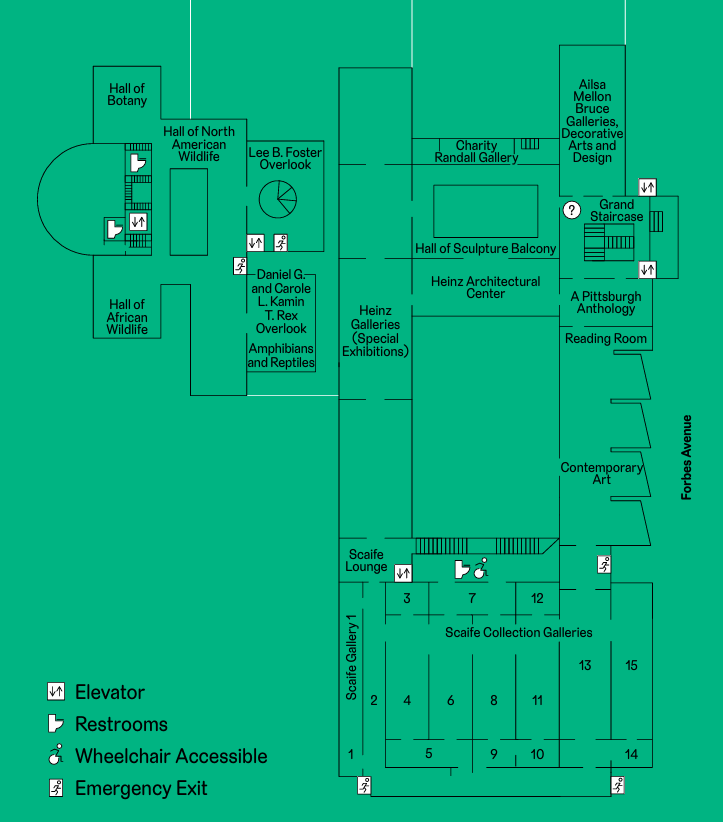
Musuem floor plan.
![]()
Studying environment and visitors of the natural history and art museum

Studying environment and visitors of the natural history and art museum
Inspiration
Objects that provide a sense of direction and forms that seem “safely touch-able”
Objects that provide a sense of direction and forms that seem “safely touch-able”
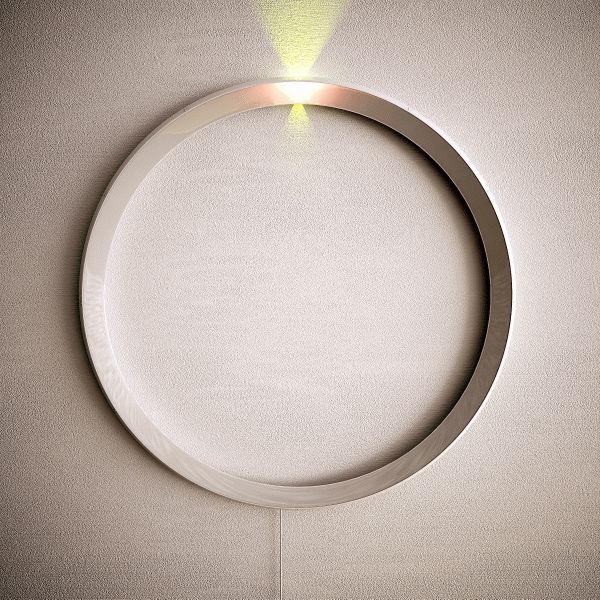
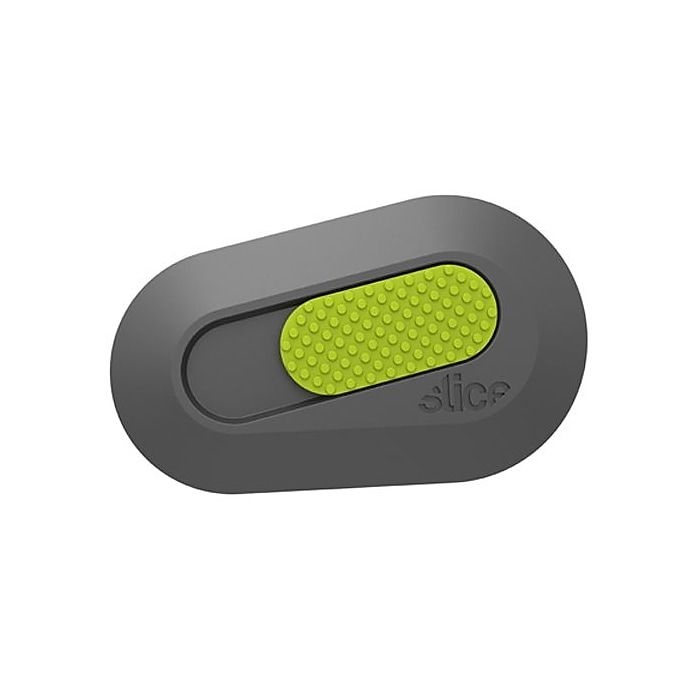
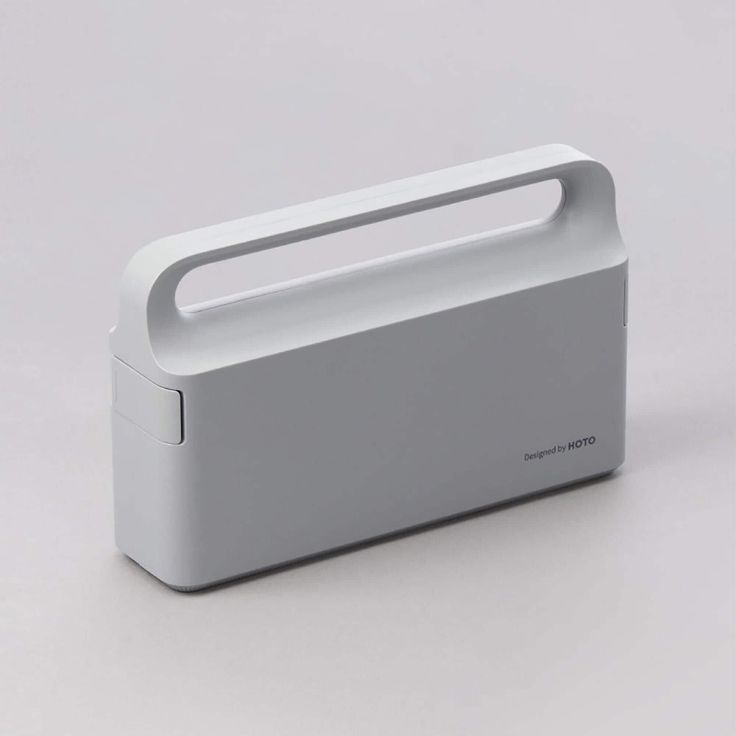
Sketching
The fire alarm should be easily identified in its environment and used. It should keep classic qualities like being wall mounted and red detailing.
Pointed shapes heavily imply movement and direction. I experimented with containing this shape inside a circular outer shell and having it fully exposed.
The fire alarm should be easily identified in its environment and used. It should keep classic qualities like being wall mounted and red detailing.
Pointed shapes heavily imply movement and direction. I experimented with containing this shape inside a circular outer shell and having it fully exposed.
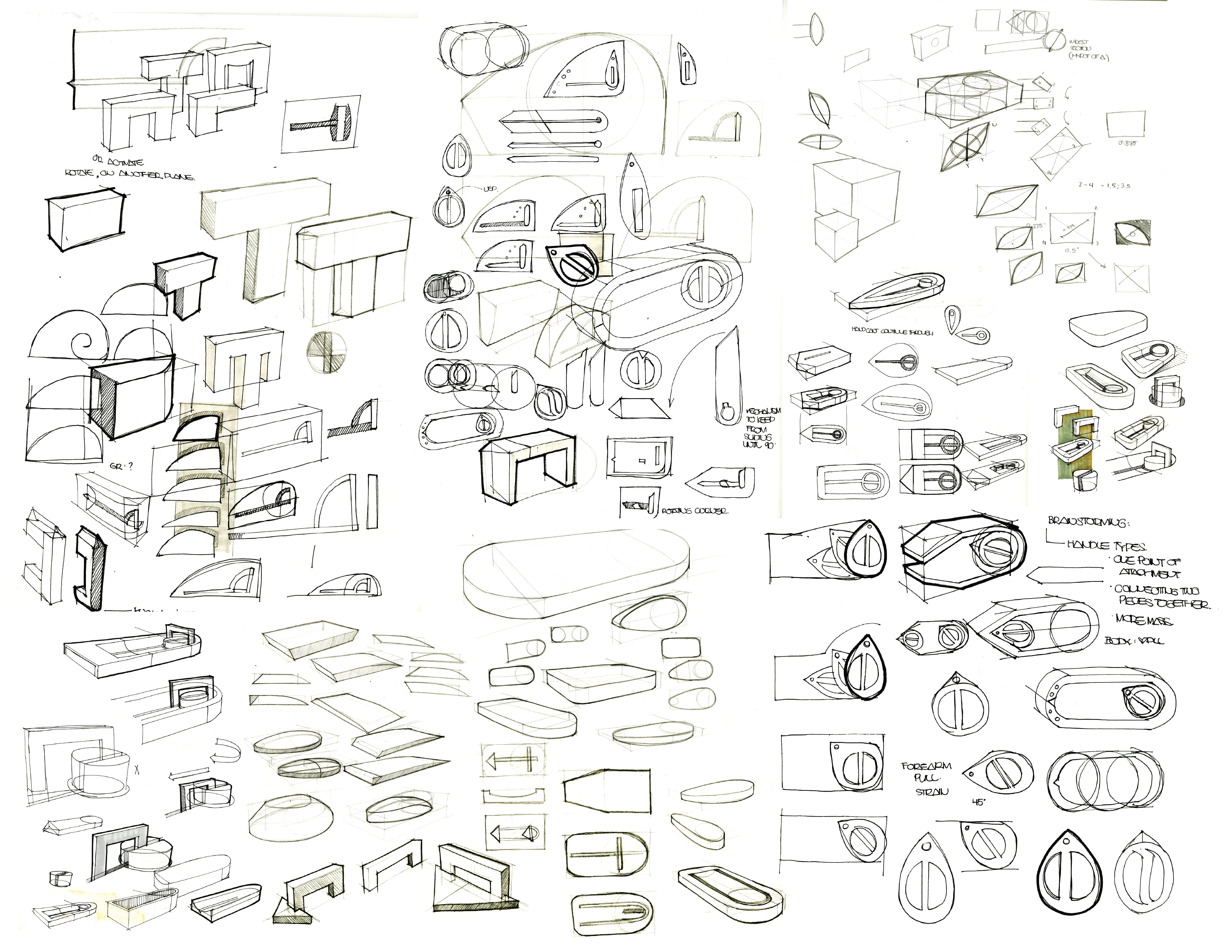
Most fire alarms use two motions to activate (push and pull down) as a feature to prevent accidental triggering.
By having a twist and push, the arm guides the body and posititions it to face the direction which the alarm points, the nearest exit
By having a twist and push, the arm guides the body and posititions it to face the direction which the alarm points, the nearest exit

3D Printed Model
SolidWorks cross section view of mechanism and electronics storage.
Track and knob to allow twist & slide
Cavity in handle for electronics
Non-raised edge sits invisible in wall cavity
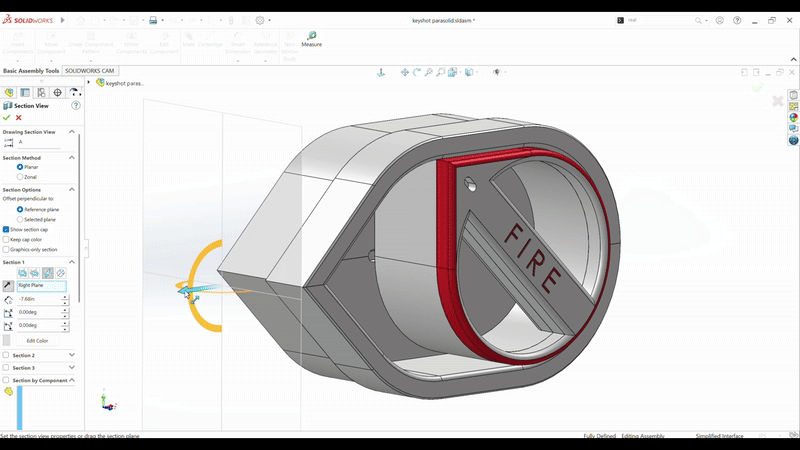
Physical Prototype, Interaction Sketch, Map


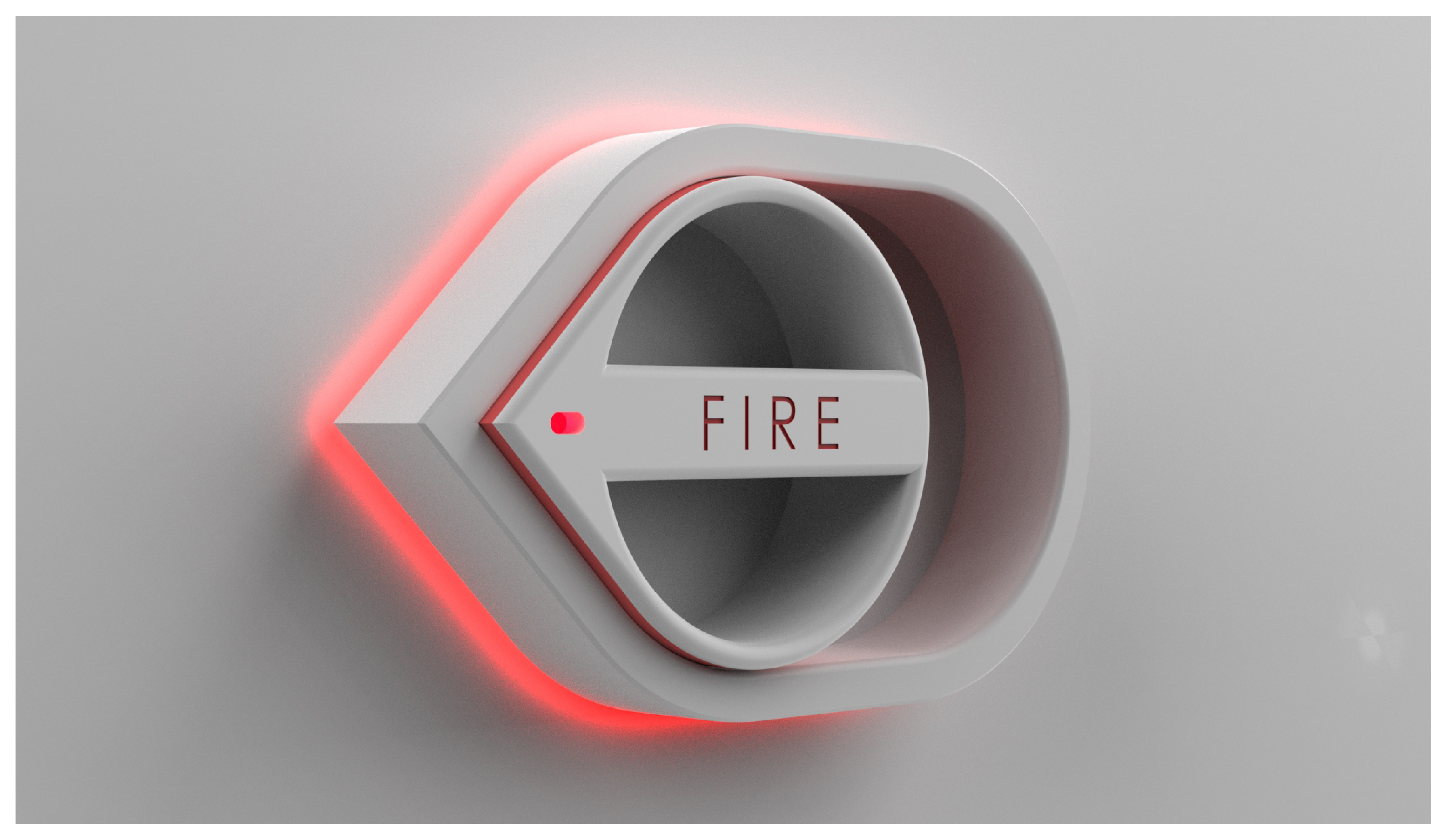
Key Takeaways:
- Rapid prototyping tends to not be so rapid, know what your looking to assess and change and how the prototype will affect this.
- Think about what you imagine the prototype will be like and compare what it actually shows.
- Tolerancing depends on interaction desired between two parts (fitted, sliding, etc)
- Additional structure can be provided with things like toothpicks
Resources
1 Proulx, G. "Occupant Behaviour and Evacuation During Fires." Proceedings of the 9th International Fire Protection Symposium, 2001, p. 11.
© 2021 - 2026 Midori Monosoff.